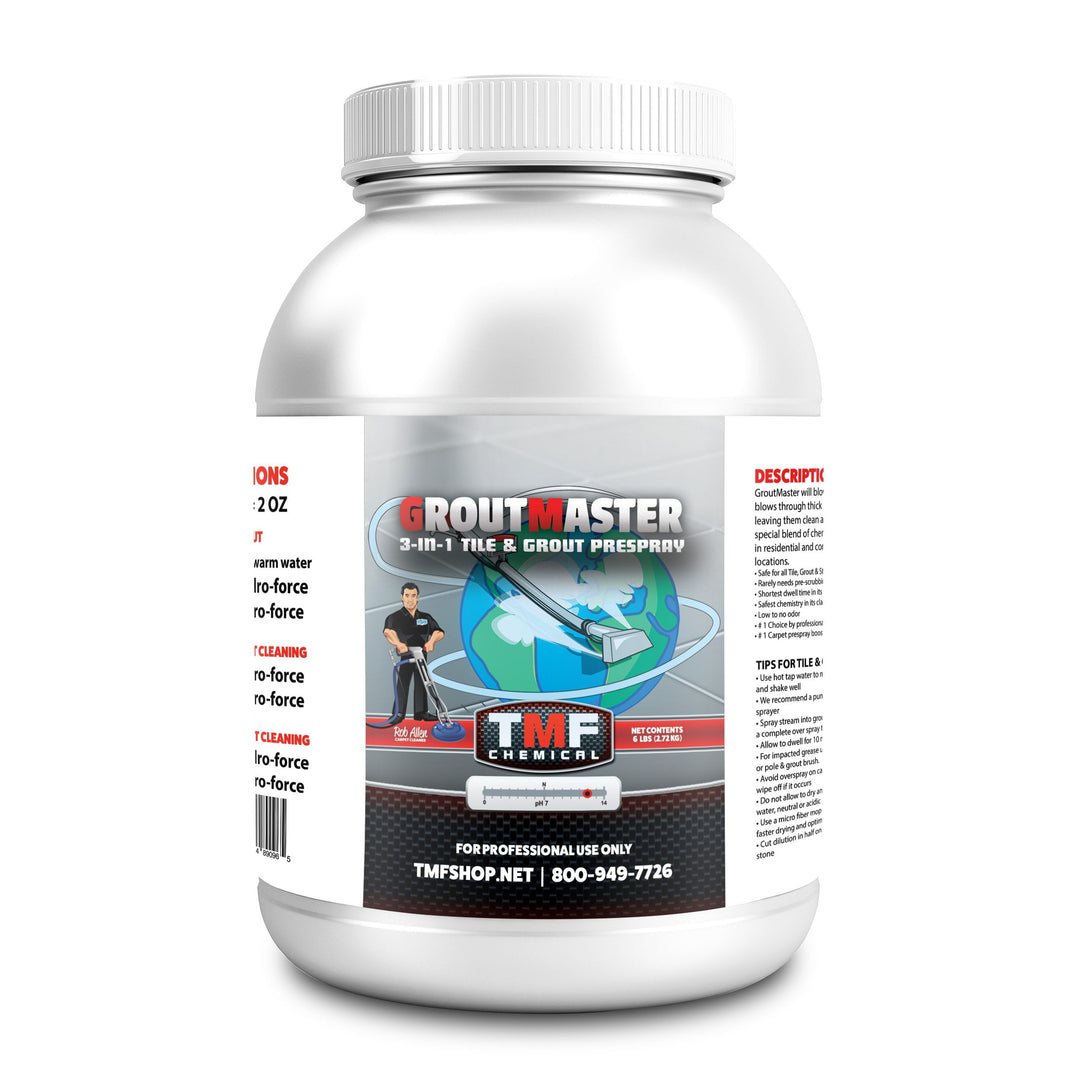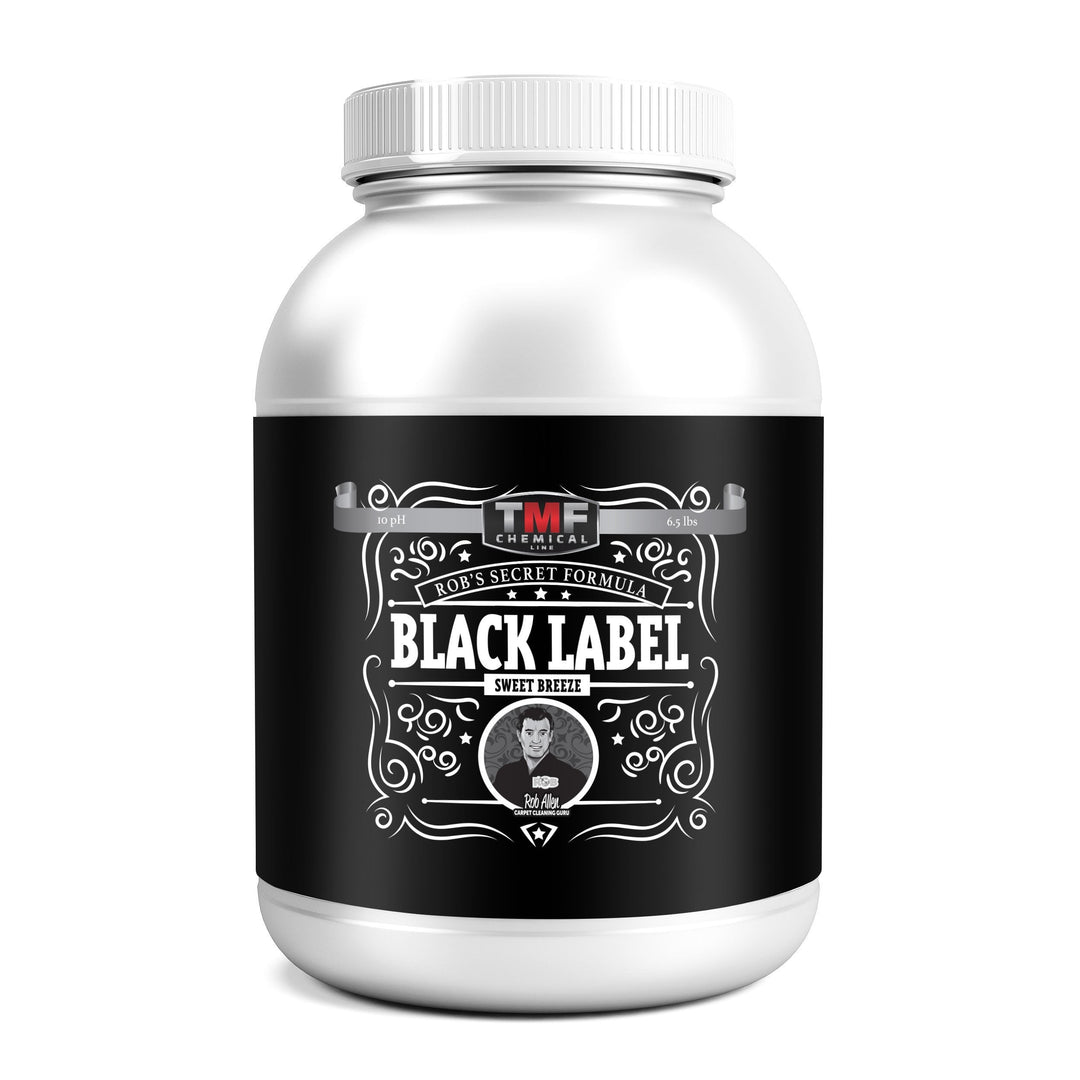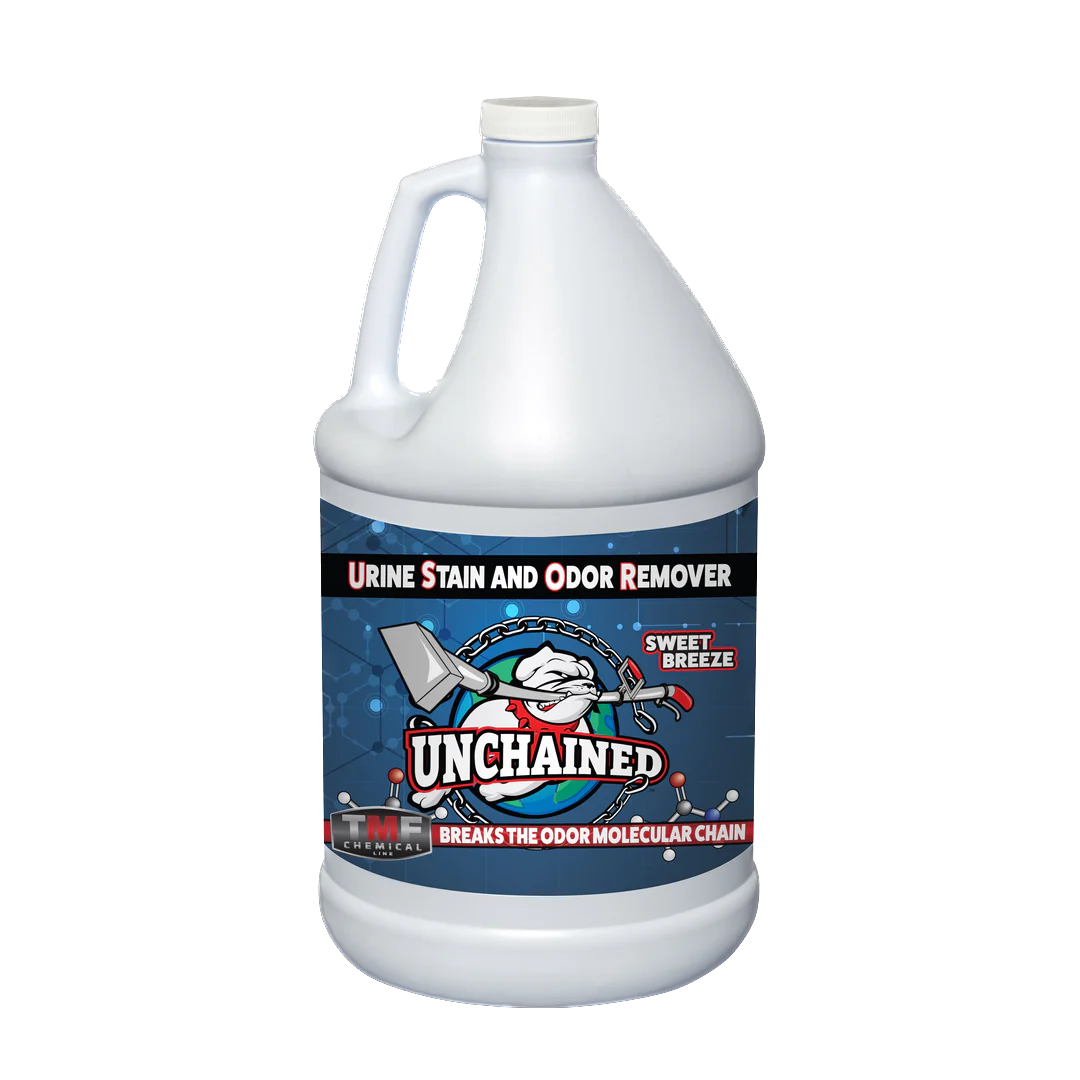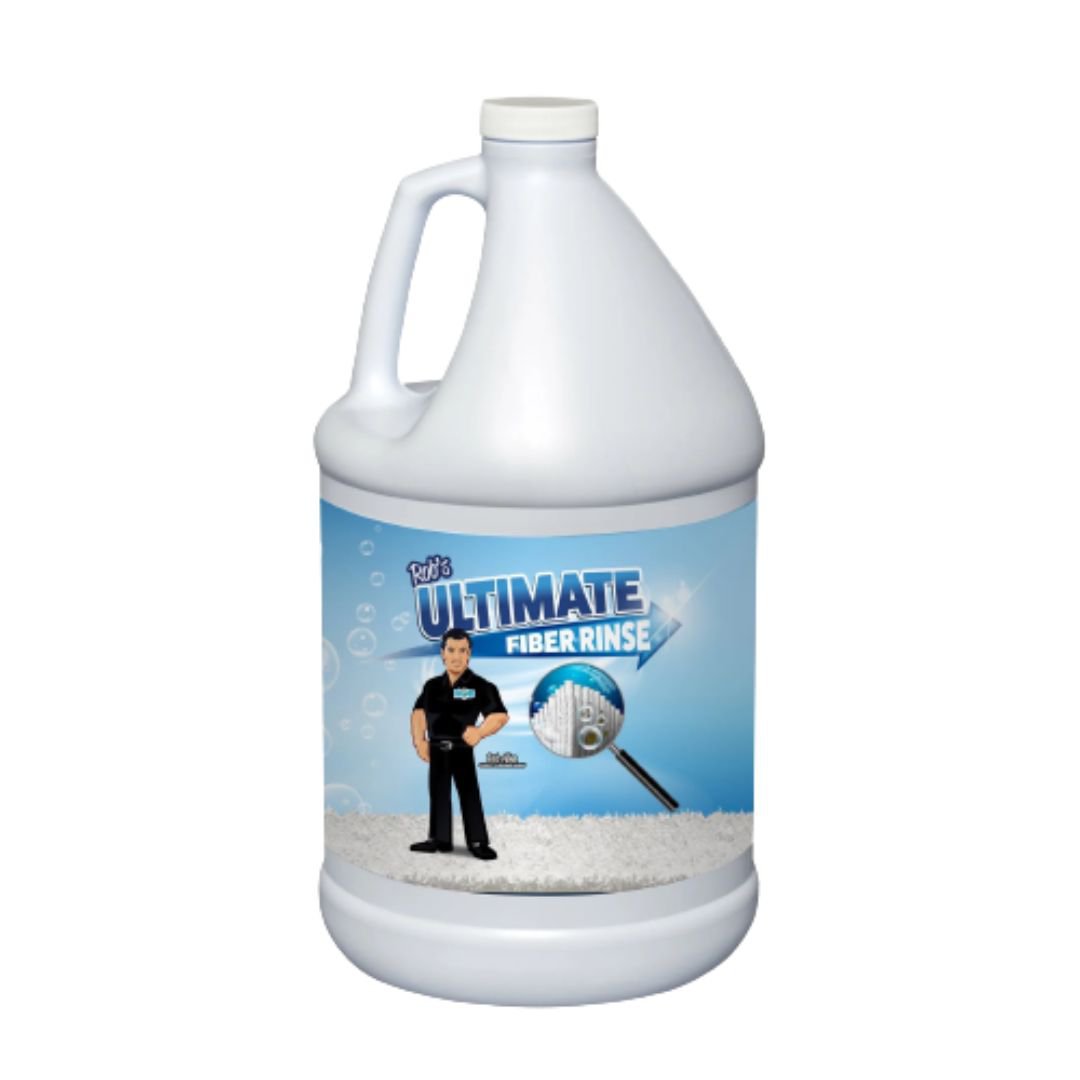How to Clean Ceramic Tile
If you own ceramic tiles in your home, then you know how important it is to keep them clean and looking fresh. And if you're a newbie to ceramic tile then you might find yourself stumped with how to do so.
Well, luckily, we're here for you. In our experience, cleaning your tiled walls and floors is a lot easier than you might expect.
With that in mind, we've put together this guide on how to clean ceramic tile. With our help, whether you’re cleaning your ceramic shower tiles or tiles in other parts of your home, they’ll be looking as good as new in no time.
What this article covers:
- Understanding Ceramic Tiles
- Preparing for Cleaning
- Basic Cleaning Method
- Deep Cleaning Techniques
- Stain Removal
Understanding Ceramic Tiles
Types of Ceramic Tiles
To properly clean your ceramic tiles, it's important to know which kind you're working with. Based on our observations, the two main kinds of clay tiles are:
- Glazed: Glazed ceramic tiles have a protective layer of liquid glass applied to the surface before they are fired in a kiln.
- Unglazed: Unglazed ceramic tiles, also known as quarry tiles or terracotta tiles, do not have a protective surface layer.

Factors that Affect Cleaning Methods
When choosing the best way to clean your tiles, you should always consider the following:
Tile Type
As was already said, there are different ways to clean polished and unglazed tiles. Glazed tiles can usually handle stronger cleaning solutions and methods. On the other hand, unglazed tiles may need softer cleaners and more care to avoid damage.
Level of Dirt & Grime
How you clean your tiles will also depend on how much dirt and grime is on them. For example, lightly dirty tiles may only need a simple mopping. But, heavily dirty tiles may need a deep cleaning method, such as steam cleaning or using special tile and grout cleaners.
Maintenance Frequency
To keep your ceramic tiles in good shape, you need to do regular maintenance. If you clean your tiles often, you'll be able to avoid deeper or harsher cleaning methods. But, if you haven't cleaned your tiles in a while, you may need to clean them more thoroughly to get their old look back.
Preparing for Cleaning
Assessing the Condition of the Tiles
Take a moment to look at the state of your ceramic tiles before you start cleaning them.
Check the tiles for any damage you can see, such as cracks or chips, and make a note of any highly dirty spots or stains that won't come out. If you know about these problems ahead of time, you can figure out how to clean your tiles in the best way.
Gathering the Necessary Cleaning Supplies
Before cleaning, you need to have the right cleaning tools on hand. Some of the items and tools you might need are:
- Broom, vacuum cleaner, or dust mop for removing dust and debris
- Mop or sponge for applying the cleaning solution
- Soft-bristle brush or toothbrush for grout cleaning
- A clean, dry cloth or microfiber mop for drying the tiles
- A cleaning solution
Preparing the Cleaning Solution
Once you have all the tools you need, you can start making your cleaning solution. Depending on the type of ceramic tiles and how dirty they are, you can choose between a light cleanser, a tile cleaner, or a solution you make yourself. If you're using a product from Truck Mount Forums, such as Groutmaster, read the package to find out how much cleaner to add to how much water.
For a homemade cleaner, you can mix one part white vinegar with one part warm water.
That being said, you should never use vinegar on unglazed tile or natural stone as it can damage the surface. In this case, use a gentle cleaner that doesn't affect the pH level.
For a more gentle cleaning method, you can also create a solution with dish soap, baking soda, or mild detergent and water.
Basic Cleaning Method
Regular basic cleaning is crucial for maintaining your tile floor or wall. Below, we've listed a method that works for either ceramic or porcelain tiles.
Sweep or Vacuum
Start by getting rid of any leftover dirt, dust, and other things on the floor. You can do this with a broom, a vacuum, or a dust mop.
Make sure to clean the sides and corners, which are where dirt likes to gather.
If you use a vacuum, choose a soft brush adapter so you don't scratch the tile.
Mop with a Cleaning Solution
Gather your prepared solution.
Put your mop or sponge in the cleaning solution and squeeze out the water. Mop the tiles with a soft, side-to-side motion, working in small areas to keep the cleaning solution from drying on the surface.
Use light pressure with the mop or sponge to get rid of dirt or spots that won't come off. Make sure to rinse the mop or sponge often in the cleaning solution so that you don't spread dirt all over the tiles.
Dry the Tiles
It's important to dry the tiles after washing to avoid water spots and lines. Wipe the tiles with a clean, dry cloth or a microfiber mop to get rid of any wetness that is still there. Pay special attention to the grout lines, as water can seep into the weak grout and cause damage over time.
For the best results, work in small sections like you did when you mopped. Make sure each section is completely dry before going on to the next.

Deep Cleaning Techniques
Sometimes, basic cleaning may not be enough to make your ceramic tile floors and walls look like new again. When this happens, deep cleaning your ceramic tile can help get rid of the dirt and grime that won't go away.
Steam Cleaning
Benefits of Steam Cleaning
Steam cleaning ceramic tiles is an effective and eco-friendly way to deep clean them. Dirt, grime, and germs are easier to clean off the tile surface and grout lines when the steam is very hot.
How to Use a Steam Cleaner
Start by filling the steam cleaner with water and waiting for it to heat up. Then, use the steam cleaner to clean your ceramic tiles.
Once you are ready, connect the cleaning pad or brush that is right for your tile surface. Move the steam cleaner slowly across the tiles in small sections so that the steam has time to get into the grout and loosen the dirt.
After steaming each area, use a clean, dry cloth or mop to wipe away any excess dirt or moisture.
Always follow the manufacturer's guidelines for safe and effective steam cleaning.
Using Specialized Tile & Grout Cleaners
When using a cleaner made just for tiles and grout, follow the directions on the package for how to use it.
Usually, you'll need to put the cleaner on the tiles and grout, let it sit for a certain amount of time to break up the dirt, and then scrub the surface with a soft-bristled brush or mop.
Make sure to rinse the tiles well with clean water to get rid of any leftover soap, and then dry them with a clean towel or mop to avoid water spots or lines. Always test the cleaner on a small, out-of-sight spot first to make sure it won't damage the tile's surface.
If you’re still struggling to get your tiles fully cleaned, we recommend enlisting the help of our Westpak Tile Blaster Wand or our Turbo Force Hybrid Tile & Grout Cleaning Tool.
Stain Removal
When you clean tile floors and walls, sometimes stains just won't go away.
Getting stains, such as removing black marks from tiles, out of your ceramic tiles not only makes them look better but also makes your home more hygienic. It's important to know how to get rid of common spots by using the right tools and methods.
Identifying Common Stains
- Mold & Mildew: Mold and mildew are fungi that grow in places that are damp, like bathrooms and kitchens. They look like dark or fuzzy spots and can cause bad smells and health problems if not taken care of quickly.
- Soap Scum: Soap, water, and minerals can mix to make soap scum, which is a regular problem in baths. It looks like a cloudy, white, or gray film on the tile, and it can be hard to get rid of without the right cleaner.
- Hard Water Stains: Hard water has minerals in it that can leave chalky layers on your ceramic tiles. This is especially in places like showers and sinks where a lot of water is used. Limescale is another name for these layers, which can make the tiles look dull and gray.

Removing Specific Stains
Mold & Mildew
Apply the mold and mildew cleaner to the area that needs it, and wait the amount of time that the product says to. Scrub the spot with a toothbrush or soft-bristled brush, then rinse with clean water and dry the area well.
Soap Scum
Spray a soap scum remover or tile cleaner on the spot and let it sit for the amount of time that is written on the bottle. Use a brush or sponge that won't scratch the surface to gently remove the soap scum, and then rinse the area with clean water. Use a clean cloth or towel to dry the tiles.
Hard Water Stains
Put a hard water stain remover on the stained tiles and let it work for as long as it says to. To get rid of the mineral layers, scrub the spots with a soft cloth or sponge. Rinse the area with clean water and dry the tiles to avoid water spots or lines.
Conclusion
Keeping your ceramic tiles clean and looking nice is important if you want to keep their beauty and sturdiness. Regular maintenance is crucial for preventing a buildup of dirt, grime, and stains. But, if you find yourself in a sticky situation, the right products and methods will help your tiles look as good as new.
By using the tips in this piece, you can keep your ceramic tiles looking great for years to come. And whether you’re looking for carpet cleaning equipment or tile cleaning solutions, we have everything you might need to keep your home looking spick and span.
Did you find our blog helpful? Then consider checking other guides:
- How to Clean Textured Ceramic Tile Floors
- Steam Clean Ceramic Tile
- How to Get Ink out of Wood
- How to Get Black Stain out of Wood
- How to Get Blood out of Wood
- How to Get Grease out of Wood
- How to Get Water Stains Out of Wood in Minutes
- How to Remove Stain from Wood Furniture
- How to Get an Oil Stain Out of Wood
- How to Remove Smoke Smell from Wood Furniture
- How to Clean Antique Wooden Furniture
- How to Clean Outdoor Wood Furniture Like a Pro
- Best Products to Clean Wood Furniture
- How to Clean White Wood Furniture in a Flash
- How to Clean Hardwood Floors











